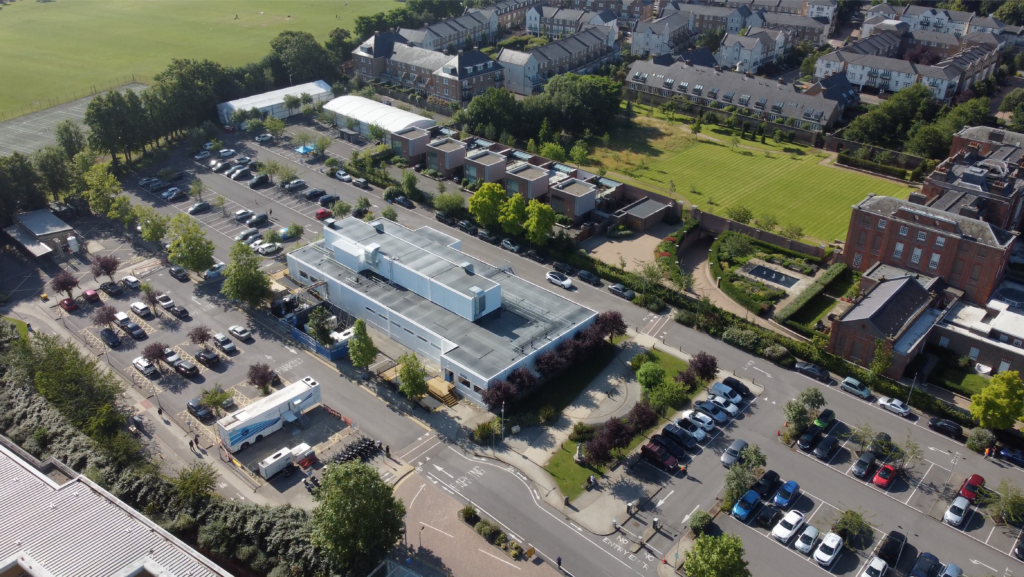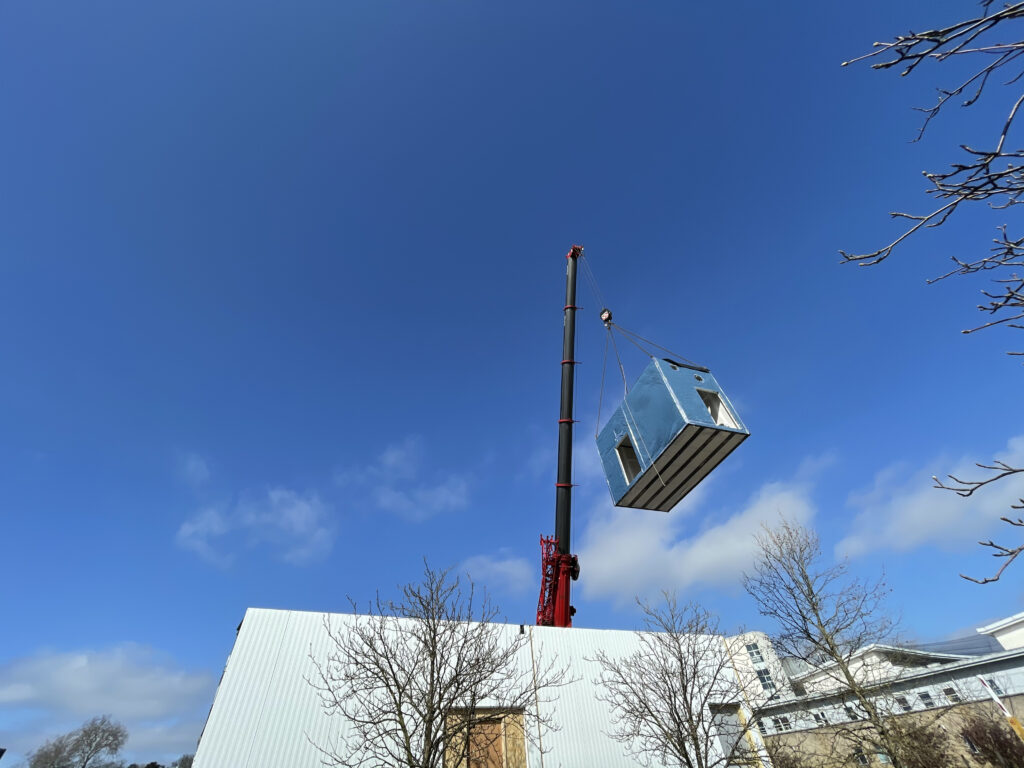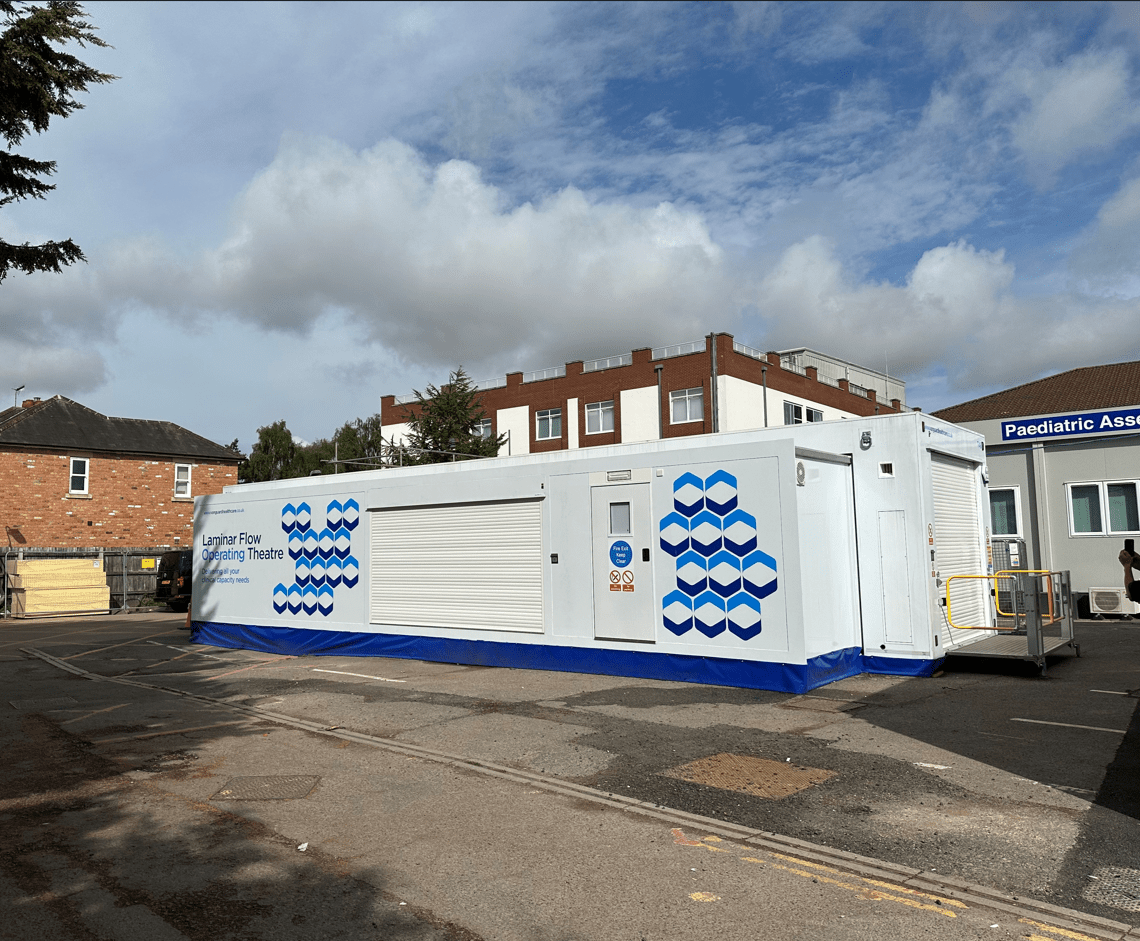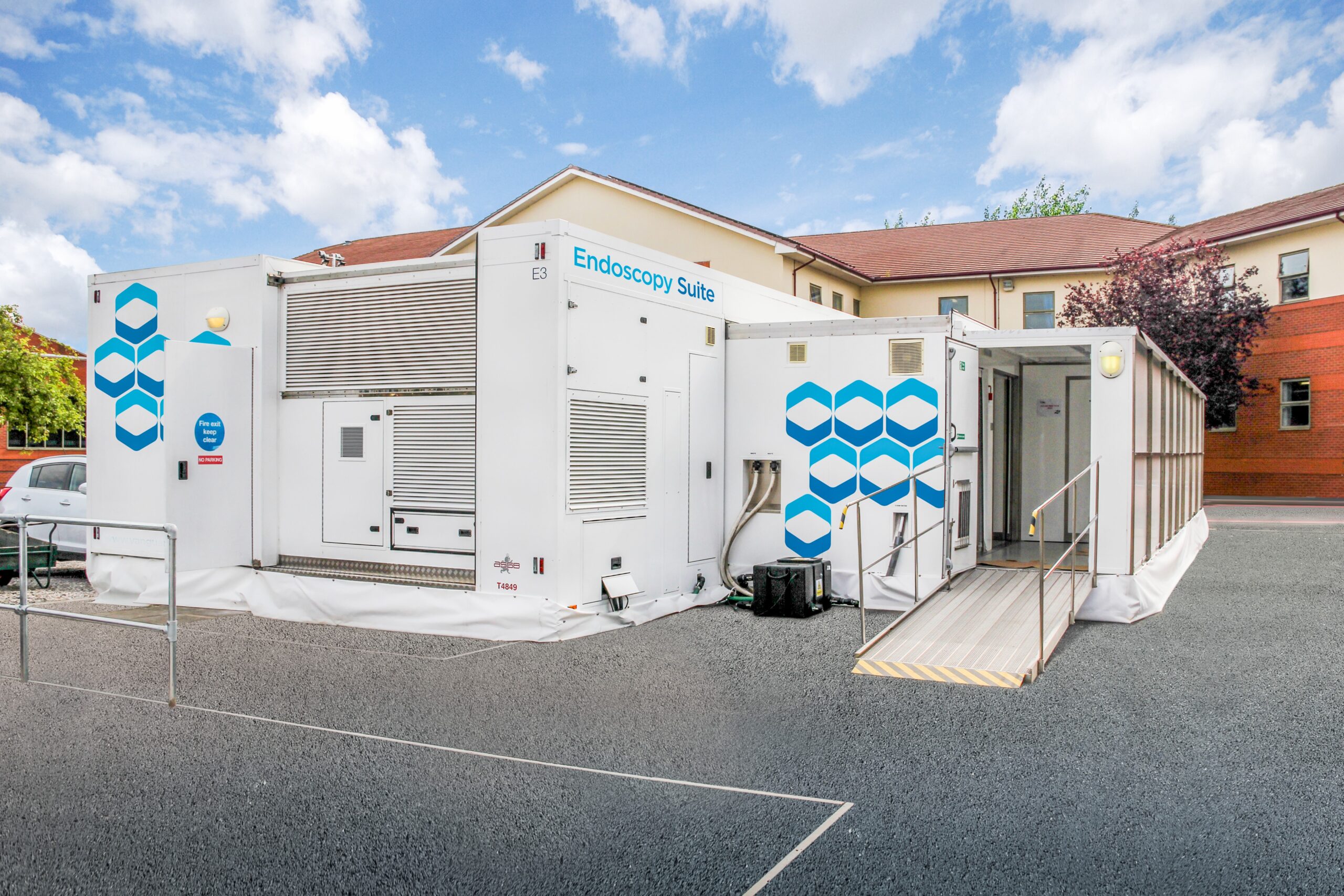It looks like you are in the United States
We have a different site (www.q-bital.com) which better suits your location
In 2021 the Royal College of Surgeons called for a New Deal for Surgery , requiring an additional £1bn annually for the next five years to fund ‘surgical hubs’ to assist in tackling the nationwide elective surgical backlog. Following the recent success in implementing a number of elective surgical hubs across the country, it is crucial to keep the momentum going as we enter 2022. Indeed, the introduction of surgical hubs is imperative to tackling rising NHS waiting lists and treating 30% more patients needing acute care services by 2023 to 2024.
Announced in December 2021, the government has pledged an additional £700 million to assisting in combatting elective care capacity issues during the winter pressures period this year. Whilst capacity issues have long been an issue for the NHS during the winter months, the Covid-19 pandemic and colossal staff shortages has exaggerated this. The resumption of elective care to pre-pandemic trends will help to reduce this backlog, however many NHS departments will be working with an outdated estate that will not have modern measures in place to prevent demand outstripping supply.
Providing additional capacity, surgical hubs facilitate infection control as their standalone nature enables them to act as ‘green zones’, separating planned care from emergency care and ensuring that procedure schedules are not interrupted by surges in Covid-19 cases.
A notable example of this is the modular surgical hub installed at Queen Mary’s Hospital in Roehampton. In this instance, the St George’s University Hospital NHS Foundation Trust was performing fewer than
10,608
procedures between March 2020 and May 2021 as a result of the shut down of elective care during the initial stages of the Covid-19 pandemic.
 To address the growing surgical backlog and increase capacity, the Trust commissioned Vanguard Healthcare Solutions to design and install a bespoke modular solution that not only increased surgical capacity but maximised infection control.
To address the growing surgical backlog and increase capacity, the Trust commissioned Vanguard Healthcare Solutions to design and install a bespoke modular solution that not only increased surgical capacity but maximised infection control.
The Vanguard solution was installed in just five months from initial design and consisted of four dedicated operating rooms, a recovery ward, consulting rooms, staff welfare facilities and utility areas. The complex was designed with patient flow and infection control in mind, with the Head of Surgery and Theatre Managers consulted throughout the design process to ensure maximum efficiency and improve the patient journey.
Installed in July 2021, the four-theatre day surgery complex is capable of completing in excess of 120 weekly procedures, helping to tackle the elective care backlog in South West London and highlighting the importance of the implementation of further surgical hubs across the country.
Furthermore, the use of modern methods of construction as opposed to bricks-and-mortar is pivotal in
accelerating the build process
, with theatre complexes, such as that in Roehampton, being installed in a matter of months. Off-site construction and the reusability of the facilities enables NHS Trusts to move towards more sustainable infrastructure, contributing to the net zero goal by
2040
.
 It is important to consider the regional health inequalities and geographical variations when considering the extensive planned surgery backlog across the country. Indeed, whilst London was significantly impacted throughout the course of the pandemic, it was the North of England that faced the greatest increase in excess deaths in relation to Covid-19. The Health and Social Care Committee has recently released their
findings
and recommendations into further reducing the record-breaking number of patients waiting for acute care. Addressing regional health inequalities, it recommends that NHS England, ICBs and the new Office for Health Improvement Disparities work together to deliver regional and national solutions to addressing the planned care backlog. The report suggests that in areas where individuals have less access to patient care, the independent sector should be considered by the government as an effective partner to reduce waiting lists.
It is important to consider the regional health inequalities and geographical variations when considering the extensive planned surgery backlog across the country. Indeed, whilst London was significantly impacted throughout the course of the pandemic, it was the North of England that faced the greatest increase in excess deaths in relation to Covid-19. The Health and Social Care Committee has recently released their
findings
and recommendations into further reducing the record-breaking number of patients waiting for acute care. Addressing regional health inequalities, it recommends that NHS England, ICBs and the new Office for Health Improvement Disparities work together to deliver regional and national solutions to addressing the planned care backlog. The report suggests that in areas where individuals have less access to patient care, the independent sector should be considered by the government as an effective partner to reduce waiting lists.
Ahead of the government’s release of the highly anticipated Elective Recovery Plan for 2022, it is expected that significant support will be shown towards the implementation of surgical hubs in 2022, in particular due to their importance in addressing infection control issues.



Vanguard Healthcare Solutions
Unit 1144 Regent Court, The Square, Gloucester Business Park, Gloucester, GL3 4AD

We have a different site (www.q-bital.com) which better suits your location